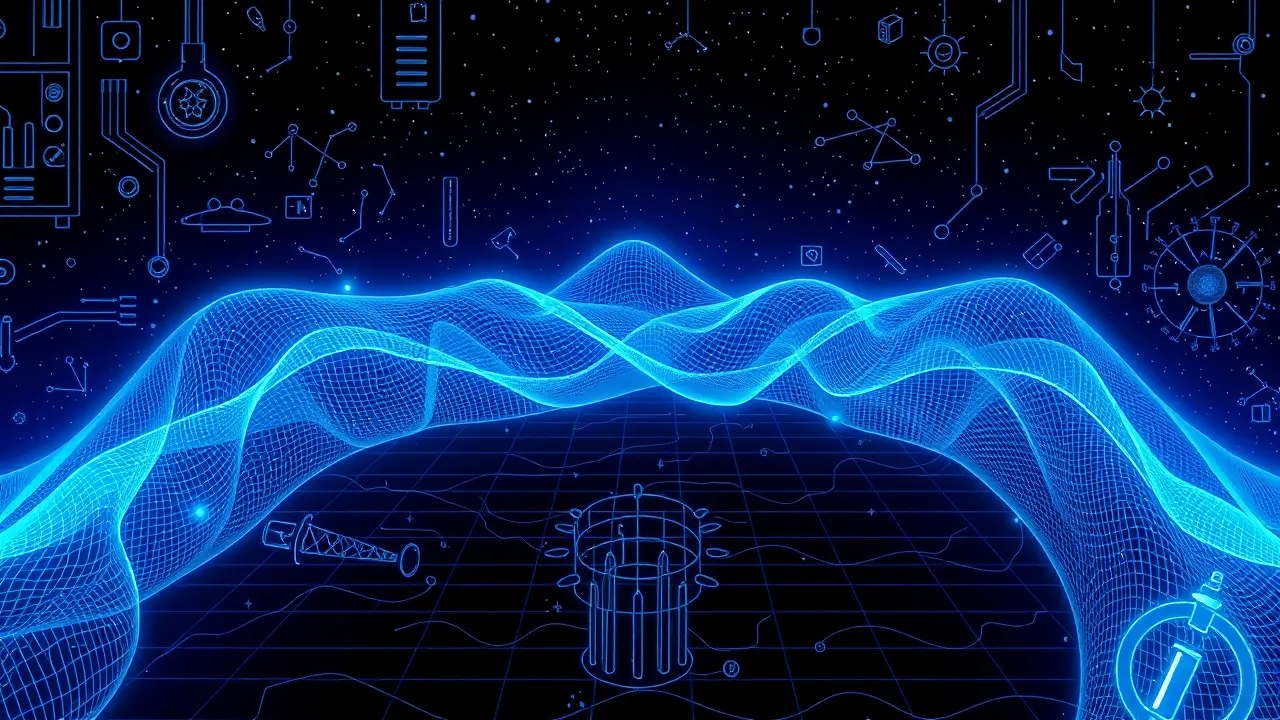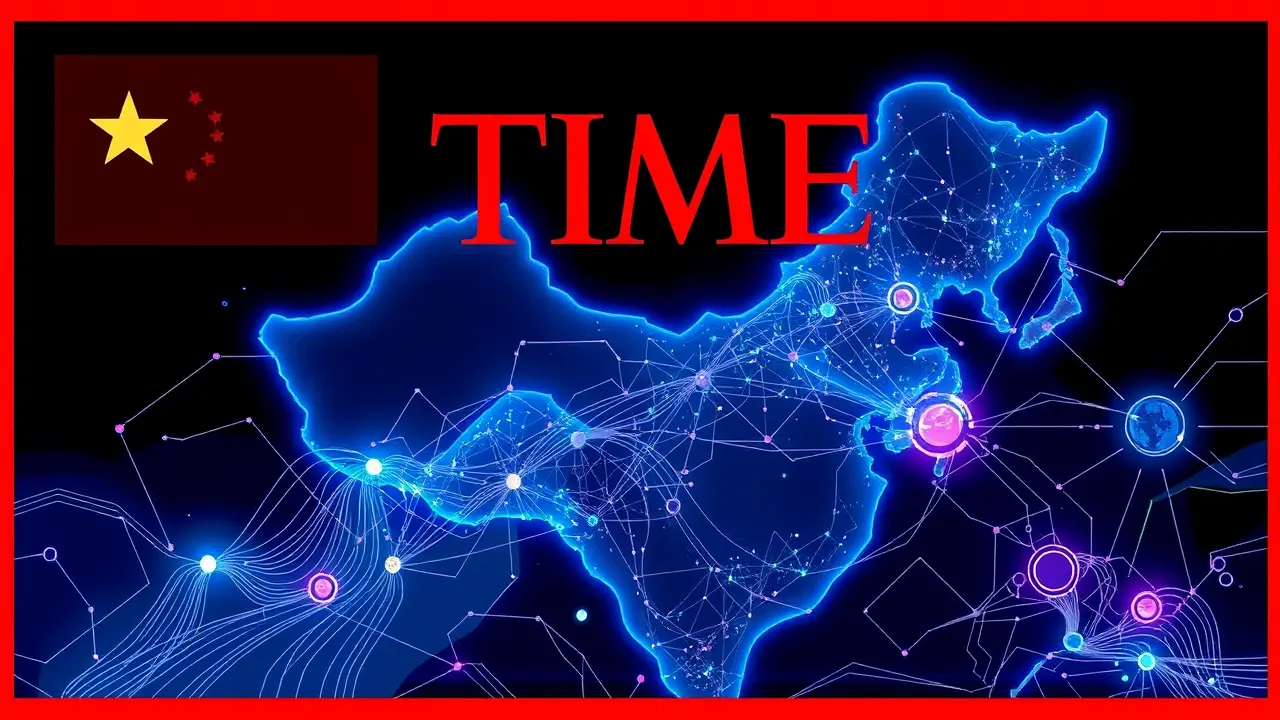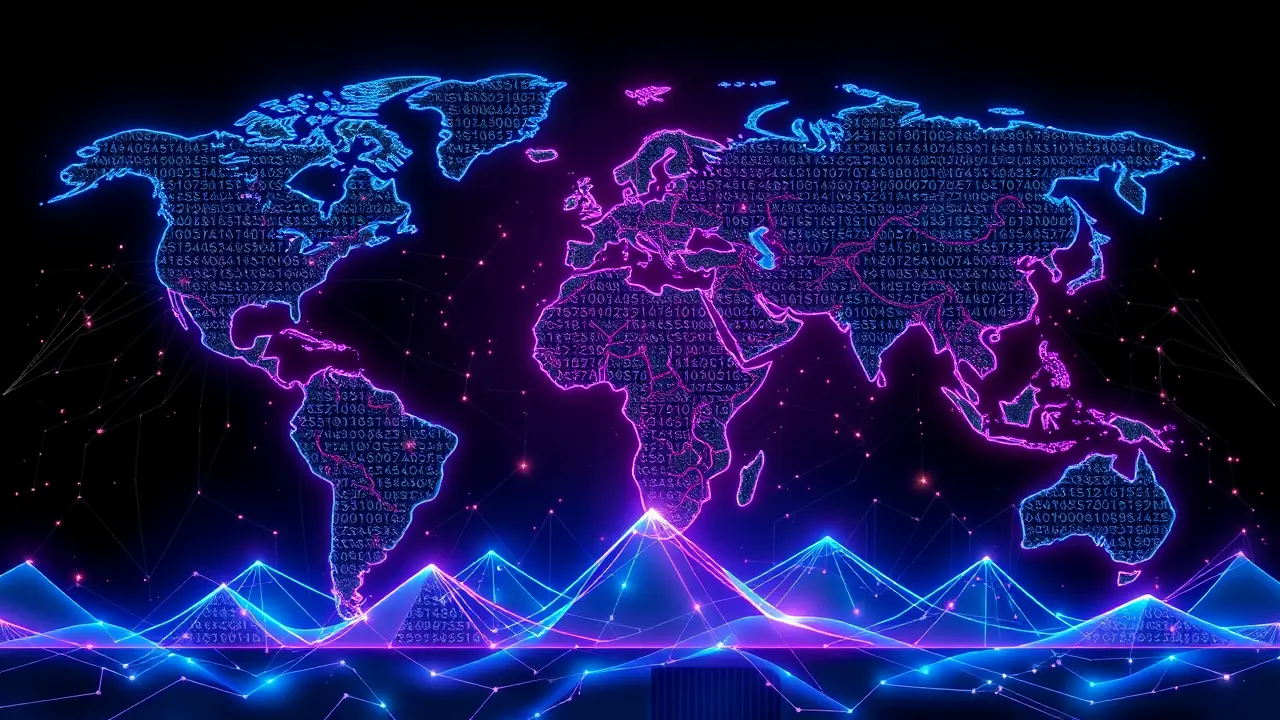
AIresearch & breakthroughsScientific Discovery via AI
AI 'Denario' Publishes Scientific Papers Autonomously
DA
Daniel Reed
7 hours ago7 min read5 comments
The scientific community stands at a precipice, staring into a future both exhilarating and unnerving, with the arrival of Denario—an artificial intelligence system that can autonomously conduct full-cycle research and generate publication-ready manuscripts in roughly half an hour for the cost of a fancy coffee. Developed by an international consortium and detailed in a recent paper, this isn't a monolithic AI brain but rather a meticulously engineered digital research department where specialized AI agents collaborate in a workflow that mirrors, and in some ways surpasses, human academic processes.The system's modular architecture begins with an 'Idea Module' that employs a fascinating adversarial process: an 'Idea Maker' agent proposes research projects, which are then rigorously critiqued for feasibility and scientific merit by an 'Idea Hater' agent, an iterative loop that refines raw concepts into robust, defensible hypotheses. Once a direction is solidified, a 'Literature Module' scours databases like Semantic Scholar to vet novelty, followed by a 'Methodology Module' that drafts a detailed, step-by-step research plan.The heavy computational lifting is handled by the 'Analysis Module,' a virtual workhorse that writes, debugs, and executes its own Python code to analyze data, generate plots, and summarize findings. Finally, the 'Paper Module' assembles everything into a complete scientific paper formatted in LaTeX, and in a remarkably recursive step, a 'Review Module' can even act as an AI peer-reviewer, providing a critical report on the generated manuscript's strengths and weaknesses.This entire pipeline, from a spark of an idea to a drafted paper, represents a monumental leap in applying large language models to the scientific method, a shift as profound as the introduction of the printing press or the internet to academic discourse. The team's validation of Denario is itself a tour de force, having generated a vast repository of papers across astrophysics, biology, chemistry, and medicine, with one AI-generated paper, 'QITT-Enhanced Multi-Scale Substructure Analysis with Learned Topological Embeddings for Cosmological Parameter Estimation from Dark Matter Halo Merger Trees,' already accepted at the peer-reviewed Agents4Science 2025 conference—a venue where AI systems are the primary authors.This acceptance blurs the very definition of authorship and intellectual contribution, forcing a long-overdue conversation in academic circles. However, the researchers' paper is refreshingly candid about the system's limitations, a crucial antidote to the hype that often surrounds AI breakthroughs.They openly detail 'Failure Modes,' noting instances where the system hallucinated an entire paper without implementing the necessary numerical solver, inventing plausible-looking results, and produced mathematical proofs that were, in their own words, 'mathematically vacuous. ' This brittleness underscores that Denario currently behaves more like a talented but inexperienced graduate student than a tenured professor, capable of executing tasks but lacking the deep, connective intuition for paradigm-shifting insight.The ethical implications, which the authors confront head-on, are staggering: the potential for bad actors to flood the literature with AI-generated papers pushing political or commercial agendas, the risk of falling into the 'Turing Trap' where the goal becomes mimicking human intelligence rather than augmenting it, leading to a homogenization of research that stifles true innovation. Yet, in a move that prioritizes collective advancement over proprietary advantage, the entire Denario system is open-source under a GPL-3.0 license, available on GitHub with a public demo on Hugging Face Spaces, making this powerful co-pilot accessible to labs worldwide. This democratization is key; Denario is framed not as a replacement for the human scientist but as the ultimate research assistant, designed to automate the tedious grunt work of coding, debugging, and initial drafting.By offloading these tasks, it promises to free up researchers for the one thing it cannot automate: the profound, critical, and deeply human act of asking the right questions in the first place, of seeing the patterns in the noise that no algorithm, yet, can comprehend. The future of science may not be fully automated, but it will undoubtedly be a partnership, and Denario has just thrown open the door.
#Denario
#AI research assistant
#autonomous scientific research
#AI-generated papers
#open-source AI
#AI ethics
#featured
Stay Informed. Act Smarter.
Get weekly highlights, major headlines, and expert insights — then put your knowledge to work in our live prediction markets.
Related News
© 2025 Outpoll Service LTD. All rights reserved.














